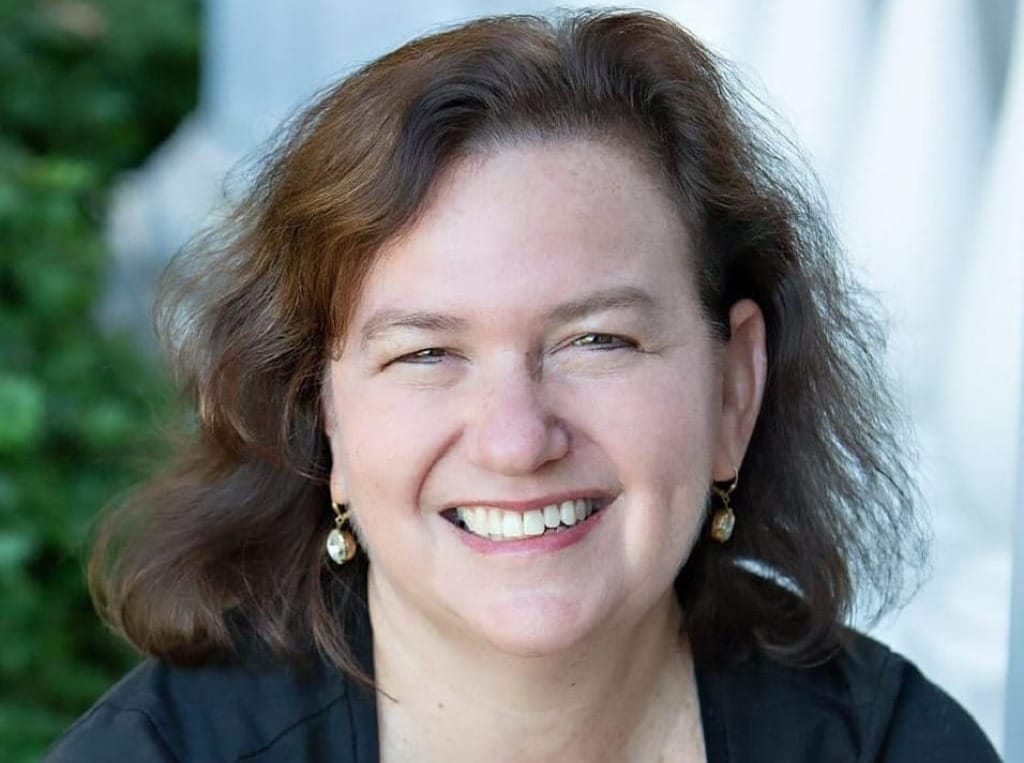NCTA Concerned FCC’s Wi-Fi Hotspots Plan Could Fund TikTok, Netflix
ISPs are concerned E-Rate funded Wi-Fi hotspots will be used for social media.
Joel Leighton

WASHINGTON, July 11, 2024 - Federal dollars should not be spent to subsidize student access to TikTok and Netflix.
That is what the NCTA – The Internet & Television Association said to the Federal Communications Commission ahead of the agency's July 18 vote to expand the scope of the E-rate program to include locations away from school buildings and public libraries.
First introduced last November, FCC Chairwoman Jessica Rosenworcel’s proposal would use E-Rate funding, which traditionally subsidizes connectivity for eligible schools and libraries, to support off-site Wi-Fi hotspots. Critics have claimed Rosenworcel's plan would lead to unsupervised online activity by minors.
In a filing submitted to the FCC by NCTA Vice President and Associate General Counsel Pamela Arluk, the trade group expressed concern over the program's potential impact on education.
“NCTA suggests that the FCC clarify that using E-rate-funded hotspot services to access sites that are primarily for entertainment, such as social media sites and streaming services, would be inconsistent with educational purposes," NCTA said.
Arluk stressed the need for the FCC to provide guidance to schools and libraries to ensure funding is used appropriately.
"Although the FCC recognizes that schools should have discretion to determine the restrictions in their [acceptable use policies], providing guidance regarding uses that are inconsistent with ‘educational purposes’ would help to ensure that E-rate funding is not used to support services that are outside of the statutory scope of the E-rate program,” Arluk said.
NCTA also suggested the FCC ensure that hotspots are limited to students that do not have a home broadband connection.
In 2023, the E-rate program spent $2.4 billion, according to Universal Service Administrative Co., which runs the program for the FCC.
WISPA, a trade association for fixed wireless access providers, also raised concerns about potential social media misuse. It also questioned the legality of Rosenworcel under the Supreme Court's decision in Loper Bright Enterprises v. Raimondo.
WISPA argued that the statutory language on E-rate spending indicated funding should be limited to “‘schools and libraries . . . for educational purposes,’ and that such language cannot be construed “to apply to locations outside of those well-understood structures.”
WISPA also pointed out that since the Supreme Court overruled the Chevron Doctrine on June 28 in Loper, the courts would not need to defer to the FCC’s view that the law allows E-Rate spending to support off-premises use of Wi-Fi hotspots.









Member discussion